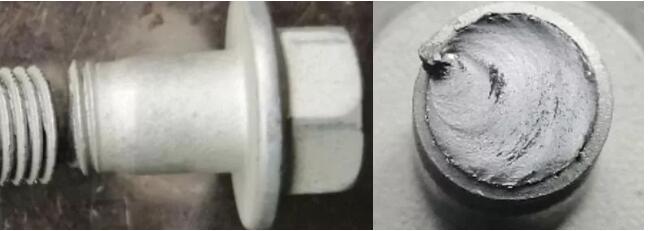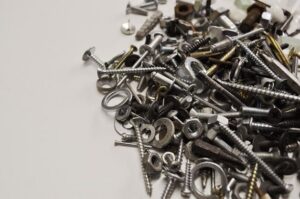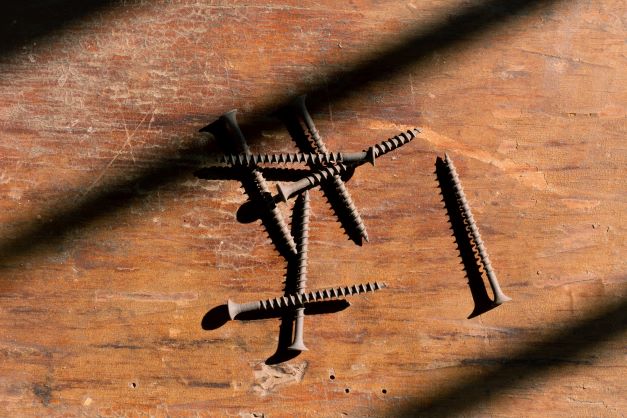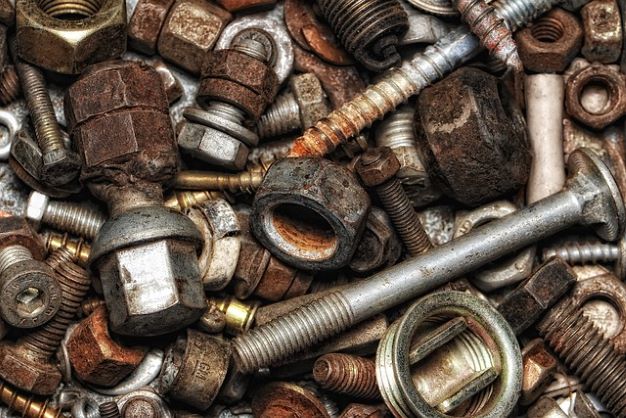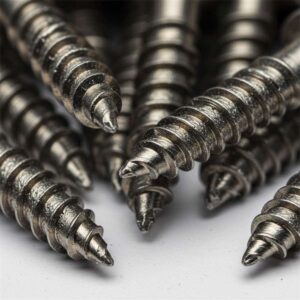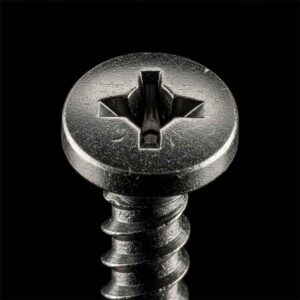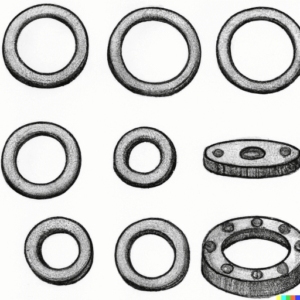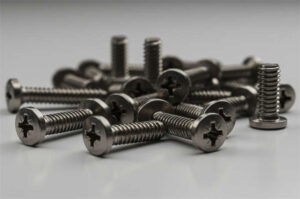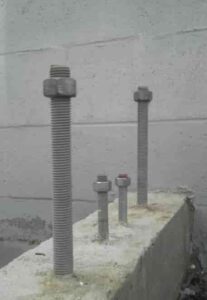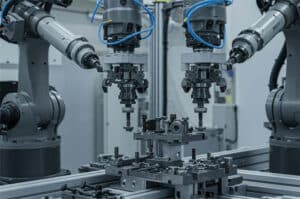The Most Common Failures and Analysis of Fasteners
Even with the most durable and highest quality of fasteners, failure of the components can be encountered in an application. Most errors are caused during installation or use and are less likely because of a material defect on the fasteners.
Survey results commonly refer to the causes of common failures are overloading, under-tightening, fatigue failure, poor production quality, incorrect metal properties, improper installation, corrosive environmental problems, and others.
Overloading
Overloading the fasteners can result to post breakage and failure of the joint assembly. Typically, fasteners can carry a specific load for their types. This is why pre-loading is important, especially with bolts. Bolts are widely used in heavy-duty applications of construction, machinery, piping, etc. To prevent overloading in bolts they are premeasured and tested in manufacturing to know their capacity, ductility, hardness, and strength.
Under tightening and Over tightening
The two improper installations of fasteners which is over-tightening and under-tightening can result in several modes of failure. When screws are under-tightened in the application they will most likely loosen themselves and sometimes break the surface of a material. Over-tightening can risk the assembly in post-breakage of components. It can also tear the fastener at once with too much force driven during the installation. This is one of the most common failures that can be encountered in fastening. Excessive torque causes stress on the screws resulting in breaking them apart or worst tearing the surface of materials, especially wood pieces.
Fatigue failure
One of the more commonly known reasons for fastener failures is fatigue. There are many reasons for fatigue failure; bolts have been insufficiently preloaded, the tension of the fastener has lost its service, the applied load overpowers the capacity of the fastener and the wrong choice of grade on bolts. To prevent the causes of fatigue failure it is important to recognize the capabilities of the fastener before use.
Poor production quality
Quality is a priority for most fastener manufacturers. Many fastener suppliers tend to advertise the best and highest-quality fastener components. Issues in quality and poor production of fasteners are rarely a problem causing failure of applications, yet it is possible in some instances. Some bolts and screws can be manufactured with low standards which later causes major failures like cracks, embrittlement, and corrosion of elements.
Incorrect metal properties
Incorrect use of metal properties in manufacturing fasteners is susceptible to poor quality. This is one of the other reasons why common failures happen when using fasteners. An example of this kind of failure is hydrogen damage – the risk of embrittlement due to hydrogen creates a growing crack in the fasteners within days. Some high-strength bolts encounter this damage while under a lot of tension. During the manufacturing and plating processes of fasteners, hydrogen is trapped before the components are baked. If not done properly, the corrosion of materials forms in delayed cracking over the days. Moreover, improper heat treatment can also cause steel materials to fall under failures of low strain/bending and recognizable brittle fractures.
The material difference between fasteners and surface application can also enable the failure of elements to correspond with each other. Some metal elements are corrosive to other materials which may result in rusting over time.
Improper installation
Some screws require hand tools which were common in traditional fastening. Today, many innovations had led to the use of electric hand drills, power tools, etc. As automatic as these tools can be, unexpected instances during installation can cause trouble or failure.
An example might be the installation of untapered bolts, usually requiring pre-drilled or pilot holes, when bolts are directly drilled in metal they will slip in force and worst will break the shank. Proper alignment of fasteners is also fundamental in the functionality of the joints.
Corrosive environmental problem
Usually common in chemical plants, energy plants, waste management plants, oil and gas, offshore plants, petrochemical plants, aerospace, and electric power systems. These industries have naturally corrosive elements that can corrupt the metal components of fasteners. Fortunately, different treatments such as plating and coating can enhance the corrosion resistance of bolts. Bolts and nuts are generally preferred because of their ability to withstand environmental difficulties in such fields.
For instance, offshore plants are located in salty waters, and fasteners used in this sector require resistance to saltwater corrosion that may result in rust. To prevent damage caused by rusting, bolts undergo the process of galvanization, which adds an extra layer of zinc to the surface of the fastener.
Prince Fastener is a leading fastener manufacturer and supplier in China. We are capable to meet the standard and non-standard fastener requirements for a wide range of applications. We offer the best competitive prices in the fastener market and we can supply anywhere in the world.
Do you have more fastener concerns? Are you looking for a reliable fastener supplier?
Contact us now to start your fastener business going!
